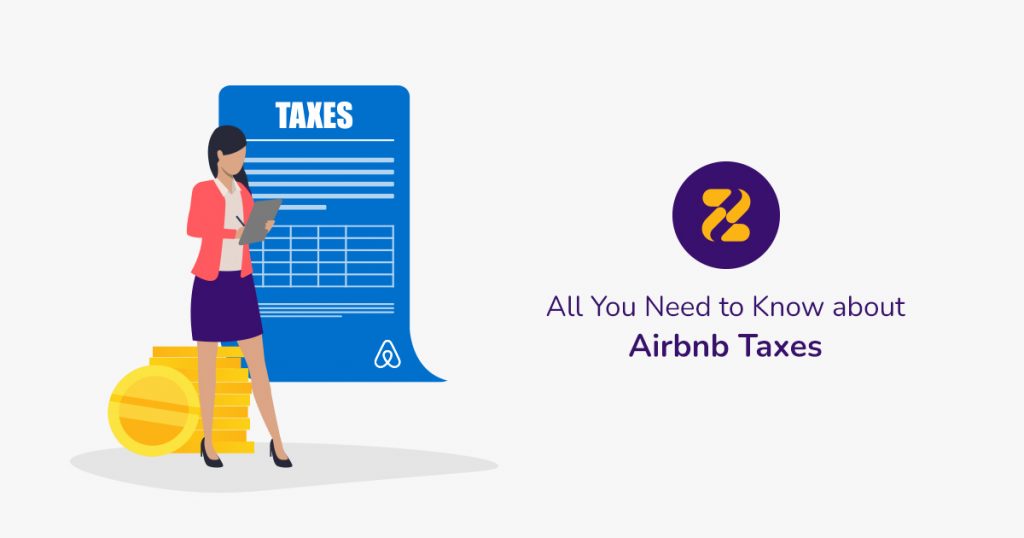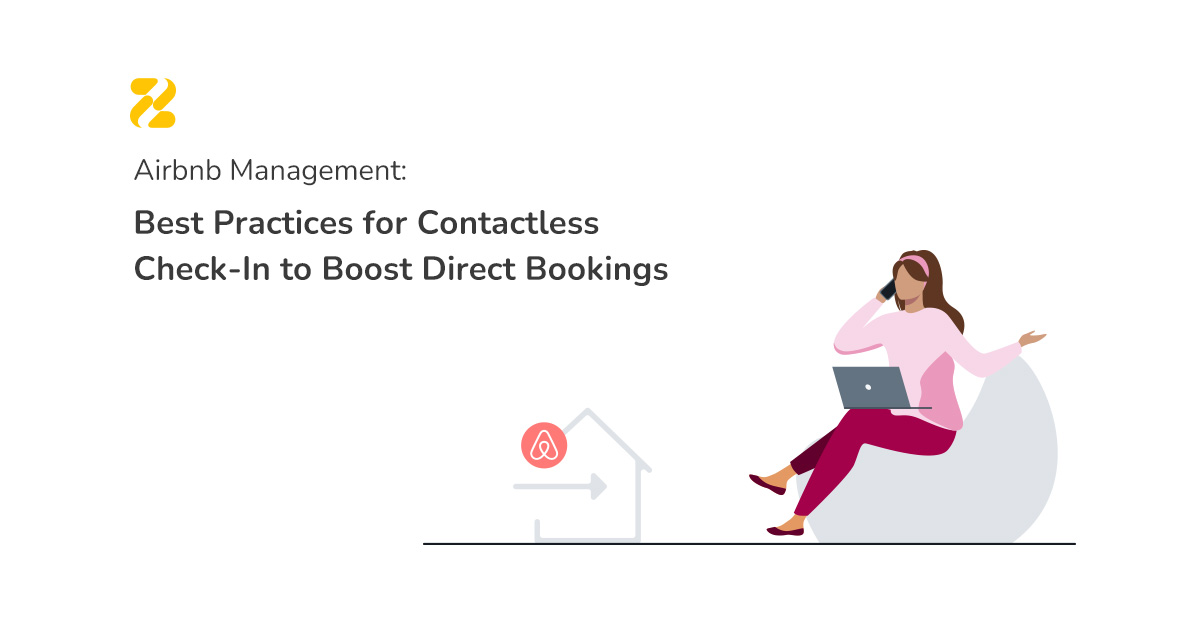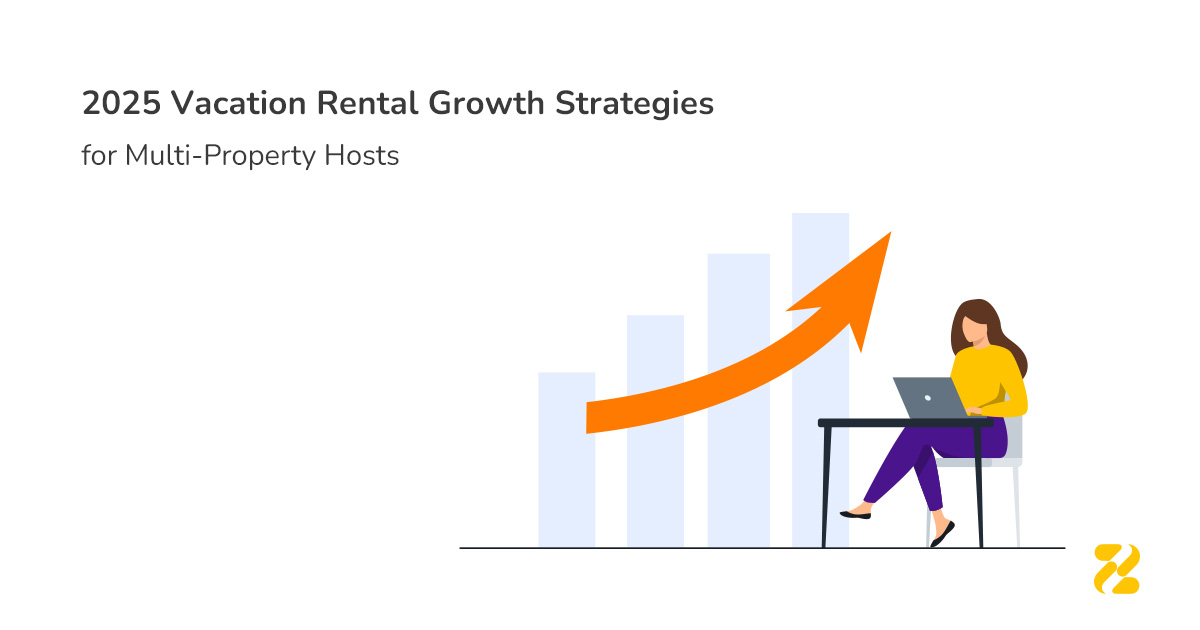Business profits are taxed in almost all countries worldwide, and the rental income generated from Airbnbs is no exception. Whether you rent out a room in your own home or list a property as a whole, you must report and pay your taxes. Therefore, all vacation rental managers must learn the Airbnb tax rules inside out to avoid confusion and tax issues. They must also get the hang of tax reporting and payments to maximise their rental business’ revenue and profits.

Table of Contents
Airbnb Tax Rules
Vacation rental taxes largely depend on the number of days a property is rented out or used personally by the owner of the home or their family in a year. Airbnb tax rules are not that complicated as long as you learn the primary vacation rental tax rule: ‘The 14-Day Rule’ of the IRS (The Internal Revenue Service of the United States federal government). This rule is a good starting point to determine whether you must pay Airbnb income tax and how to separate your home’s business and personal use.

The 14-Day Rule
If you personally use your property for minimum of 14 days in a tax year:
If you use your vacation house, apartment or condo as a vacation home and rent it for less than 14 days during a calendar year, your property will not be considered a rental. In this case, you are not required to report the rental income and are not allowed to deduct rental expenses from your income.
Moreover, if you use it personally for more than 14 days or more than 10% of the total days it is rented to guests, your income is tax-free, and you don’t even have to report the income to the IRS. Note that allowing other people to stay at your property free of charge, donated stays and charity use, or renting your house for less than the fair rental price should be counted as personal use by you.
If you use your home personally and rent it out for some days, you should divide your costs between personal and rental expenses. To calculate Airbnb tax deductions, you need to keep track of the time your property is used for personal purposes and the time it is rented to guests. If you also live on the property and rent some parts of the home, you also need to determine what part of your home is used for rentals, calculate the rental space as a percentage of your total home space, and only deduct the rental-related part of your costs.
If you don’t use your property personally:
Suppose you or your family and friends do not personally use your property during a tax year. In that case, it will be classified as a rental property, and its expenses are fully deductible from your rental income. However, some strict limitations determine the allowable rental fees that can be deducted.
Generally, you can claim all ordinary and necessary expenses directly related to operating your rental business and renting or maintaining your property. If you don’t use the home yourself, all of the costs of your property can be deducted – only for the days when you rent it at fair market value. The most regular tax allowable expenses are:
- Cleaning and maintenance fees (laundry and cleaning supplies)
- Property insurance
- Airbnb Service Fees or other listing site commissions
- Utilities (water, gas, electricity, TV, Internet)
- Repairs made to the rental property (buying furniture and appliances)
- Mortgage loan interest
- Advertising
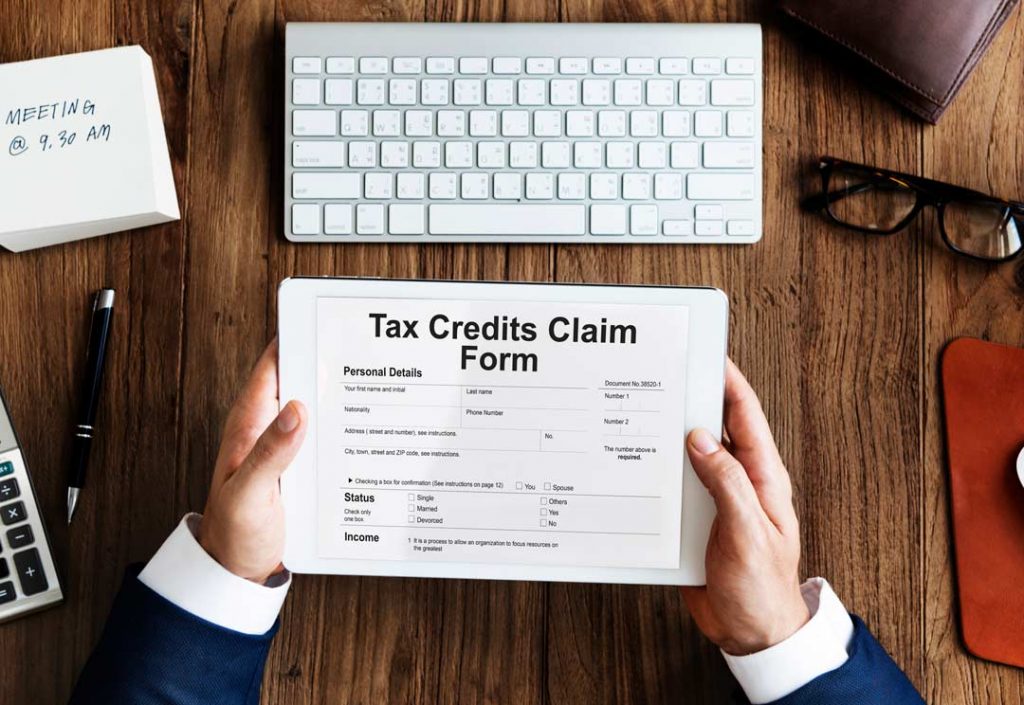
Reporting Income Tax
Your short-term rental income should be reported as part of your total income to the IRS. Your tax is determined as a percentage of your total income. Your taxable rental income is the gross rent you receive minus your allowed deductible expenses; in other words, it is your rental income after all tax deductions – the lower your taxable income, the less your tax bill will be.
Income Tax Reporting by Airbnb
Airbnb is classified as a payment settlement entity and can report your income to the IRS depending on your account status and the taxpayer information you’ve submitted. If you earn more than $20,000 and have more than 200 reservations in a year, Airbnb will send you a 1099-K tax form.
If you receive payments through a third party (like Airbnb or other online booking platforms), they record the income you receive and send you and the IRS a 1099-K to verify your income. So, a 1099-K tax form is a record of payments to your business from Airbnb, and you don’t have to complete it, but you should review it, make sure all the transactions are correct and verify the amount on the form. If there is any discrepancy between your accounts and the Airbnb tax form due to discounts, cancellations, and chargebacks that haven’t been deducted, contact Airbnb to make corrections.
Which Form to Use for Reporting Tax on Airbnb Income?
The form you use to report your Airbnb income and expenses pretty much depends on the services you offer to your guests. If you provide substantial services to your guests like changing linens, regular cleaning, or serving breakfast, then the IRS considers you a service business owner. The form you must use to report your rental income and expenses is a Schedule C and you are also subject to Self-Employment taxes. For Schedule C however, any income you report would be subject to self-employment tax.
If you don’t provide substantial services to your guests, the IRS considers you to be a landlord or a real estate professional. As a result, you must file a Schedule E – Supplemental Income and Loss. In this case, renting out your property is considered a part-time and passive activity, and you can skip Self-Employment taxes by filing a Schedule E.
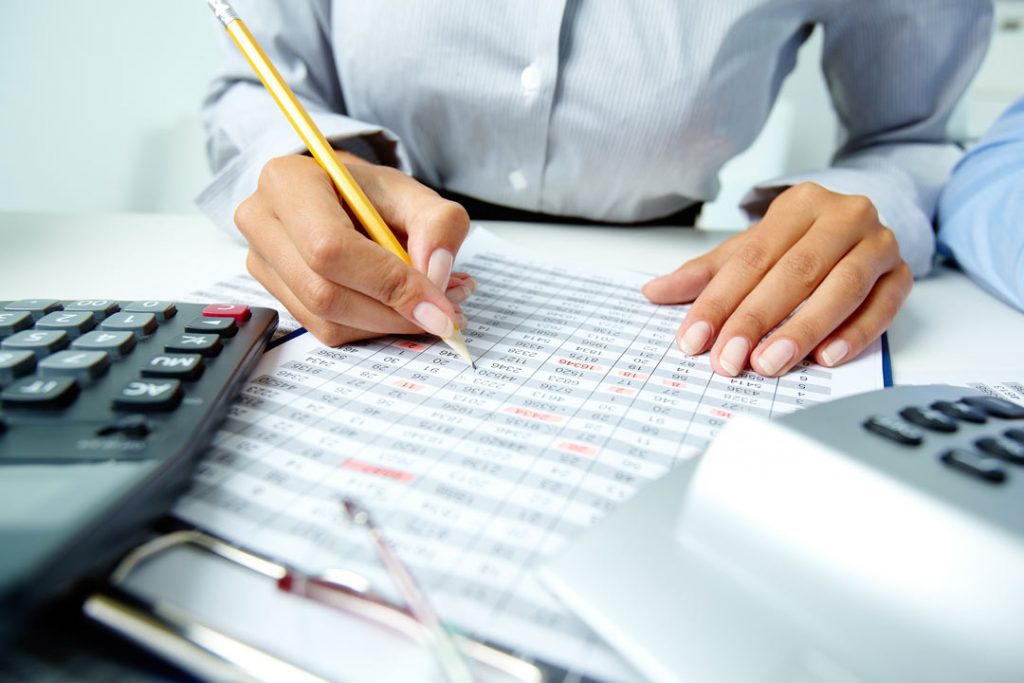
How Do Hosts Collect Taxes?
As a host, you may be eligible to collect taxes or Value Added Tax (VAT) directly from guests.
Your eligibility highly depends on your location. In some legislations, you may be required to collect Airbnb occupancy tax – a tax that a guest is required to pay when they rent a property – from your guests. The occupancy tax rates and rules vary considerably from one jurisdiction to the next.
If you need to collect tax from guests, first, you must submit your business tax ID and relevant tourist tax registration info on Airbnb and other booking platforms. Then, you need to inform your guests of the exact tax amount before booking.
To find out how to collect taxes, read your tax documents and local laws carefully. Airbnb will also inform you if you need to collect guest taxes in your local area.

Tips to Squeeze Your Airbnb Taxes and Maximise Profits
Keep Records
Keeping records of everything you do regarding your rental room or property is essential. You must carefully record the occupancy days and mark them for business or personal use. Occupancy calendars are great solutions that can help save the dates you have rented out your property or used for personal purposes.
Track All Your Deductions
Find out all the costs considered business expenses and can be deducted 100%. As Airbnb tax rules vary in different countries, states or cities and might change over time, you must check laws frequently to stay up-to-date with the latest regulations. Do a little research, planning and cost management to maximise your deductions and save a great deal of your rental income. Document all business expenses and save receipts and notes of your one-time expenses and recurring ones like utility bills, insurance, housekeeping, repairs, mortgage, depreciation, Airbnb commissions and advertisement.
You can only prove your expenses with supporting documents such as invoices, receipts, and contracts. Keep detailed records of all the rental income you earn and the costs you incur by storing your receipts in one place.
File a W-9 Form
A primary step to save on your Airbnb taxes is filing a W-9 form with Airbnb. A W-9 form confirms your taxpayer information like your name, taxpayer ID, and other information about taxes and exemptions.
You need to fill out your taxpayer information correctly on a W-9 form. Otherwise, Airbnb will withhold 24%-28% of your payouts for income taxes. The amount they withhold is usually more than you actually owe. As a result, submitting a W-9 form will help you save more on your taxes.

Conclusion
Airbnb can be a good source of extra income. You can rent out your vacation home when you don’t use it personally or offer a spare room in your house for short-term stays. You can generate extra income without any hassle by listing your property on Airbnb.
However, starting and running an Airbnb business comes with a list of prerequisites, on top of which is being aware of Airbnb tax rules. To become a host, you must have a good understanding of the tax implications to stay on top of your taxes. Moreover, Airbnb tax rules can help you determine the best approach to rent out your vacation home.
Ensure you know how to report and pay income taxes and make a good record of all your expenses to make tax time as easy as ABC. You can also consult a tax professional for assistance with reporting and handling your income paperwork. They can advise you on other taxes like occupancy, self-employment, property, and VAT/GST you must pay as a short-term rental host.


